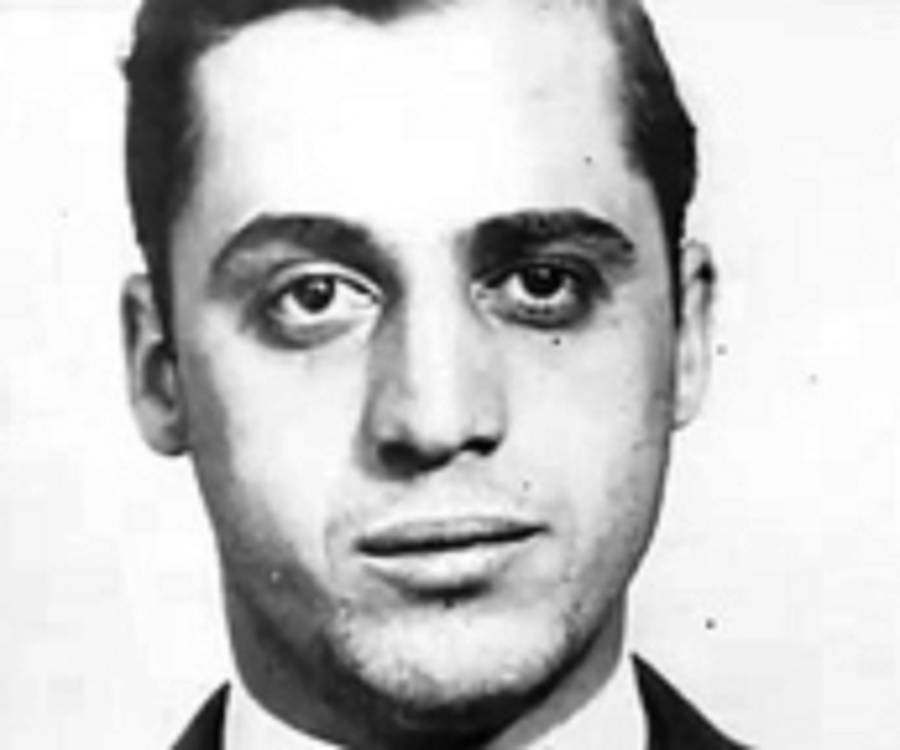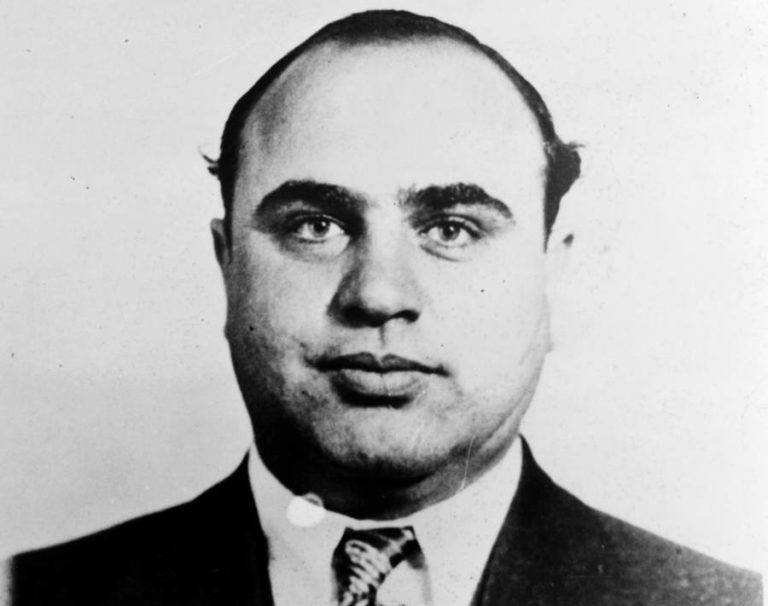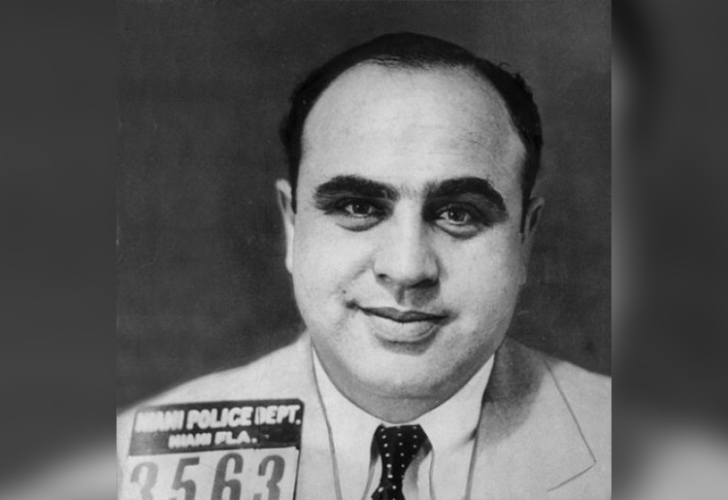Frank Capone: The Untold Story Of Al Capone's Brother | Crime Facts
Who was Frank Capone, a name often overshadowed by the infamy of his younger brother, Al Capone? Beyond the shadow of a notorious gangster lies a figure whose life, though tragically short, was intertwined with the rise of organized crime in early 20th-century America, shaping the very fabric of its underbelly.
The narrative surrounding Frank Capone is, in many ways, a study in contradictions. Historical accounts, often colored by the perspectives of family and the biases of biographers, present a multifaceted portrait of the man born Salvatore Capone on July 16, 1895. Born in Brooklyn, New York, to Italian immigrants Gabriele and Teresa Capone, Frank was the third son and, according to some, the most handsome of the Capone brothers. His life, however, was cut short in a hail of gunfire in Cicero, Illinois, on April 1, 1924, just a day before the local elections.
| Attribute | Details |
|---|---|
| Full Name | Salvatore "Frank" Capone |
| Born | July 16, 1895, Brooklyn, New York |
| Died | April 1, 1924, Cicero, Illinois |
| Family | Parents: Gabriele and Teresa Capone Siblings: Vincenzo, Ralph, Al, Ermina, John, Albert, Matthew, and Mafalda |
| Known For | Key figure in the Chicago Outfit, elder brother of Al Capone, involvement in the attempted takeover of Cicero. |
| Criminal Affiliations | Johnny Torrio's gang, Chicago Outfit |
| Death Circumstances | Killed in a shootout with police officers Phillip J. McGlynn and Lyle Grogan on election day in Cicero. |
| Primary Residence | Chicago, Illinois |
| Additional Information | Also served as President of the Middletown School District Board of Education |
| Reference | Find a Grave - Frank Capone |
Frank's involvement in the world of crime began early. Along with his younger brother, Al, he joined Johnny Torrio's gang, a pivotal moment that would set the course of their lives. Franks rise was marked by his strategic skills and ability to navigate the complex underworld of prohibition-era Chicago. Frank, as a key player in the Chicago Outfit, was instrumental in the expansion of the Capone empire. He was seen by many rivals as responsible for the city's brothels proliferation. His role was more than that of a mere associate; he was a strategist and an enforcer, a man who understood the power dynamics of the streets.
The attempted takeover of Cicero, a city just outside of Chicago, was a defining moment. Cicero was a strategic location, and the Capone organization aimed to control the local government to facilitate its illegal activities. Frank played a central role in this power grab, working to intimidate voters and rig the upcoming election. This aggressive tactic ultimately led to his demise. On April 1, 1924, Frank was involved in a confrontation with police officers Phillip J. McGlynn and Lyle Grogan near a polling place, where he was killed during a shootout. Accounts vary, but the tragic event cemented his place in history.
Frank Capone's influence extended beyond the criminal underworld. He was nominated for his fourth year to be president of the Middletown school board, showing a desire to engage in legitimate activities. His untimely death, however, cut short any potential transition from a life of crime to a life of civic duty.
The shadow of Al Capone often obscures the achievements and significance of his older brother. Yet, Frank Capone was more than just a sibling of a notorious gangster. He was a key player, a strategist, and a figure whose life exemplified the dangerous allure of the American criminal landscape in the early 20th century. Historians, analyzing the limited historical evidence, suggest that Frank possessed the qualities to lead the family's affairs. He was a man who, had he lived, might have ascended to the pinnacle of the criminal organization and redefined the legacy of the Capone family.
The legacy of Frank Capone is a complex one. His story serves as a reminder of the violent history that shaped America during the Prohibition era. It also underscores the enduring power of family loyalty and the human cost of a life lived on the fringes of society. While overshadowed by Al Capones infamy, Frank Capone remains a significant figure, worthy of examination and remembrance.
Frank, like his brother, Al, was born in New York and later moved to Chicago, Illinois, where they further expanded their activities. It's essential to note the role of another brother, Ralph Capone, who collaborated with Frank and Al in their ventures.
Some historians claim that Frank Capone, if alive, would have taken the lead role in the family's affairs. His life and death encapsulate the ruthlessness and drama of the era, the significance of family loyalty, and the darkness that pervaded American society in the early 20th century.
Franks story is often told, not just in the annals of historical records, but also in film and television. His character has been portrayed in various productions, most notably in the series Boardwalk Empire, where he is presented as a key figure of organized crime in Chicago. His story has caught the attention of writers and filmmakers alike, ensuring that his influence persists today.
The legacy of Frank Capone is a somber reminder of the lives lost to organized crime during this period. His tale embodies a time when ambition, violence, and familial allegiance converged, leaving an enduring imprint on American history. He was a man of his time: a symbol of the complexities and contradictions that defined the era.
The early life of Frank Capone, born in Brooklyn, New York, on July 16, 1895, shaped him. He grew up in a household with six brothers. Frank was the third son of Italian immigrants Gabriele and Teresa Capone. Frank would have been the best of all the brothers in the Torrio mold.
The lives of Frank and Al and their brother Ralph were intertwined. They all moved to Chicago and established themselves as prominent figures in the city's criminal underworld.
The details of Frank's death remain controversial and clouded by conflicting reports. In the years leading up to his death, he was a key player in the Chicago Outfit and worked alongside his brother Al. The official reports state that Frank was killed during a brawl with local workers in 1924, but this version is debated by many. In any case, Frank's death on April 1, 1924, cut short a promising career and significantly affected his family.
The untimely passing of Frank Capone was a shock to the criminal underworld. His loss was felt within the Capone organization as well as by those who viewed him as a formidable adversary. Although the details of his death were never fully clarified, Frank's influence and presence were vital during the early years of organized crime in Chicago.



Detail Author:
- Name : Aliyah Gottlieb
- Email : agorczany@stokes.com
- Birthdate : 1995-01-07
- Address : 18642 Rylee Locks Apt. 143 Lambertmouth, CO 47108
- Phone : +15124253091
- Company : Windler, Senger and Windler
- Job : Woodworking Machine Operator
- Bio : Autem et impedit ut aperiam dolorem impedit consequatur. Architecto eos ipsam officia voluptas explicabo iure. Corrupti voluptatem voluptate ullam voluptatem.